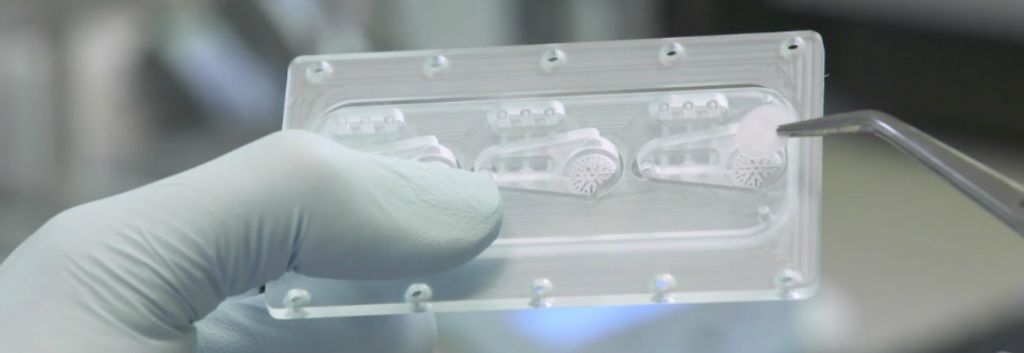CN Bio Innovations and the FDA have entered a research collaboration to better predict drug safety in drug development by using human organs-on-chips.
CN Bio Innovations, a spin-out from the University of Oxford, will be working with scientists from the FDA’s Centre for Drug Evaluation and Research with the aim of integrating organ-on-a-chip technology in the drug development process to improve preclinical testing while taking animals out of the equation.
Organs-on-chips are miniature devices that recreate the natural physiological microenvironment of human cells within specific tissues and organs. These devices can help study how drugs interact with specific human organs and have the potential to predict the activity and toxicity of drugs better than using animal models. Each organ-on-a-chip can then be linked to others to investigate systemic drug effects. The technology was pioneered at the MIT and Vanderbilt University, which have licensed it to CN Bio.

As part of the collaboration agreement, FDA scientists will study drug metabolism, toxicity and drug-drug interactions in multi-organ systems to precisely determine how good these organs-on-chips are at predicting the success of a drug in clinical trials. The ultimate goal is to develop new industry standards and best practices to incorporate organs-on-chips in the FDA’s drug approval process.
The current standard to predict drug efficacy and safety before starting human testing are animal models. However, they’re only able to accurately predict safety in about 70% of cases. This often translates into toxic effects, especially in the liver, that are not observed until the drug is tested in humans, making drug developers lose precious time and resources.
The potential of organs-on-chips to boost accuracy and speed in drug development has attracted major partners to team up with CN Bio Innovations. In 2012, the US Department of Defense started a $26M (€21M) project with CN Bio and the MIT to develop a body-on-a-chip that integrates 10 human organs in a single platform. Earlier this month, the company received a £670,000 grant from Innovate UK to collaborate with AstraZeneca in modeling fatty liver disease and non-alcoholic steatohepatitis (NASH) in organs-on-chips.
Other cool companies in the organ-on-a-chip field are Emulate (US), Insphero (Switzerland), Mimetas (Netherlands) and Tissuse (Germany).
Images via CN Bio Innovations





